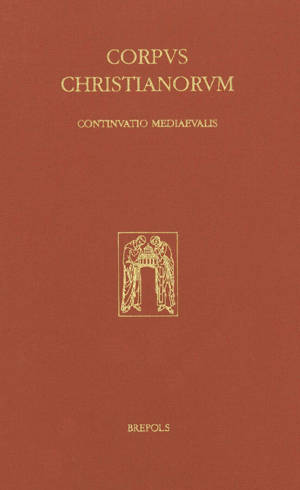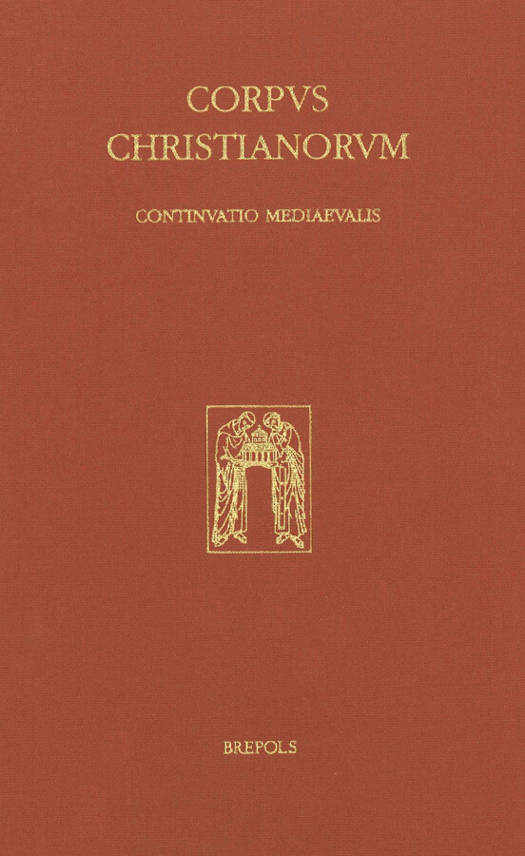
- Retrait gratuit dans votre magasin Club
- 7.000.000 titres dans notre catalogue
- Payer en toute sécurité
- Toujours un magasin près de chez vous
- Retrait gratuit dans votre magasin Club
- 7.000.0000 titres dans notre catalogue
- Payer en toute sécurité
- Toujours un magasin près de chez vous
Ha-Melacha ha-Ketzara. A Hebrew Translation of Ramon Llull’s Ars Brevi
Opera latina. Supplementum Lullianum III
Raimundus Lullus, Harvey J. Hames
Livre relié | Français
164,30 €
+ 328 points
Description
Ramon Llull completed the Ars breuis in 1308. This short but very popular work extant in over seventy manuscripts was a concise and much more easily digestible version of the much longer Ars generalis ultima, the final redaction of Llulls Art. In Senigallia in the March of Ancona in July or August 1474, the Ars breuis was translated into Hebrew and then copied twice over the next couple of years. The colophon of the latter copy shows that these Jewish students of the Ars breuis used the work to attain unio mystica. This seems to be a unique example of a Christian work, described as being short in quantity but great in quality, knowingly being used by Jews for mystical purposes. The translator and copyists seem to have read and understood Llulls work through the prism of Abulafian Kabbalah. Abraham Abulafia (d. ca. 1291), a contemporary of Llulls, wrote numerous works dealing with the divine names and the combination of letters. He believed that the whole Torah was the names of God, and by manipulating the letters of the Hebrew alphabet, one could have knowledge of the divine and created world. This Jewish circle seemed to have understood the letters of the Lullian alphabet and the various combinations and compartments of the Ars breuis as leading to true mystical cognition. This volume presents the Hebrew edition together with the original Latin (based on a slightly revised edition of ROL 12 / CC CM 38) along with an English translation and detailed notes which show how the Jewish translator and copyists understood and used this work. This edition was prepared under the auspices of the ERC project Latin Philosophy into Hebrew: Intercultural Networks in thirteenth- and fourteenth-century Europe.
Spécifications
Parties prenantes
- Auteur(s) :
- Editeur:
Contenu
- Nombre de pages :
- 195
- Langue:
- Français
Caractéristiques
- EAN:
- 9782503541983
- Date de parution :
- 07-05-12
- Format:
- Livre relié
- Format numérique:
- Genaaid
- Poids :
- 3529 g

Les avis
Nous publions uniquement les avis qui respectent les conditions requises. Consultez nos conditions pour les avis.






